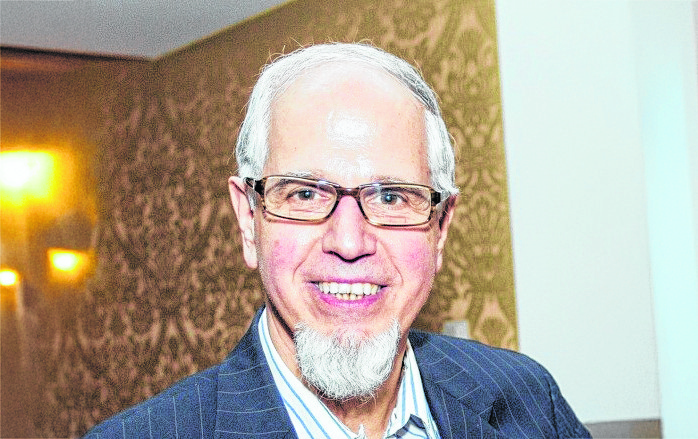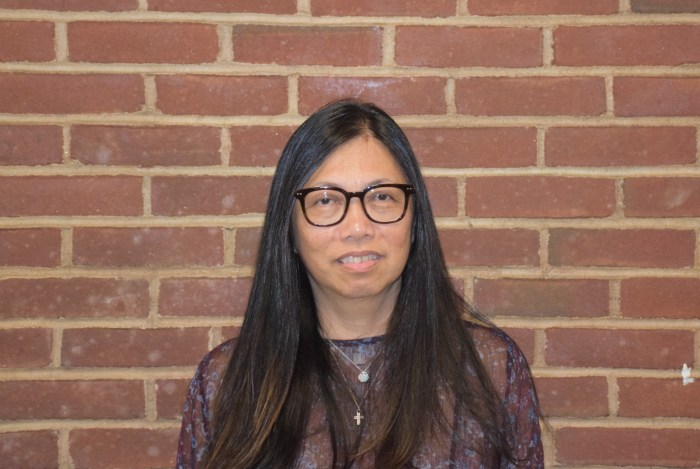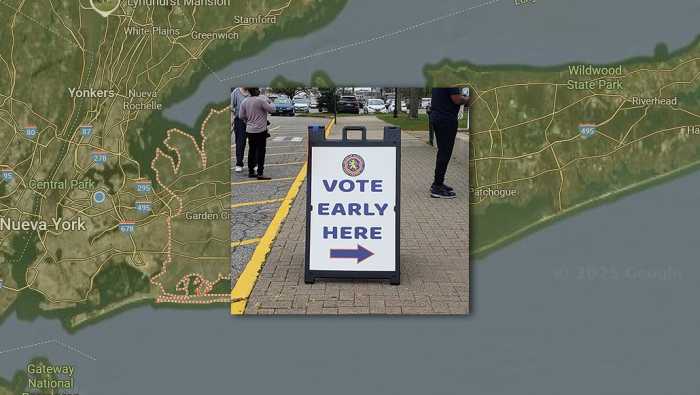Two of Long Island’s leading tech organizations — LISTnet of Plainview and Launchpad of Huntington — have formed a partnership aimed at aggressively steering college and high school students to careers in the industry and keeping them in the bi-county region.
LISTnet and Launchpad have been at the forefront of stimulating start-up companies and engaging young people to remain on the Island. Earlier this spring, leaders of both groups decided they could do it all better if they acted as one and they formed a partnership.
“We’re trying to give Long Island a technical pulse,” Tyler Roye, a founder of both Launchpad and the LISTnet, told the Press. Roye, a veteran tech executive on Long Island, is the founder of egifter.com. “This is going to be our opportunity to have a more active collaboration” between the two organizations and the New York Institute of Technology in Old Westbury.
A driving force behind the partnership is the relationship LISTnet has developed over the last two years with NYIT. Peter Goldsmith, chair of the Long Island Software and Technology Network, was the brainchild of a program at NYIT where students develop companies or products on campus and try to bring them to market.
Under the partnership, Launchpad will now be able to participate in that program with its students. Goldsmith told the Press that LISTnet will be opening a second tech incubator at Launchpad. Listnet currently operates one such facility at its Plainview location, called the Digital Ballpark.
“This is something we always wanted to do,” said Goldsmith, who has been center stage in the Island’s tech world for decades. “We’ll now have two spaces for incubators. This is going to be a real big deal.” LISTnet now has over 500 members, Goldsmith said.
Read also: ‘Bank’ to the future: How banks are rethinking their branches

In the view of Long Island economists, the region is behind other parts of the country, such as Austin, Tx., Boston, and parts of Florida, where companies make more of an effort to draw students into the tech world and keep them home.
“We don’t have much of this on Long Island,” Martin Cantor, an economist and director of the Center for Socio-Economic Policy in Melville, told the Press. “Other places around the country are doing much better.”
While Nassau and Suffolk counties have the Long Island Association, the region’s largest business and civic organization, and the Long Island Forum for Technology, those groups tend to focus on current problems such as high taxes and utility rates that impact local companies.
They do not, Cantor and others said, deal with attracting students to the tech world and helping them live and raise families on Long Island. And, Cantor said, the Island still seems far away from dealing with the high costs that force many to leave the region.
“There’s little talk of how do we keep people here,” Cantor said.
Roye and others agree that more must be done in this regard. It is part of the reason Roye and others started Launchpad in 2014. The organizations’ momentum, however, was interrupted by the Covid-19 crisis.
“We had a good thing going when Covid came along,” Roye said. “That was a big setback” as many people sheltered in their homes and meetings and gatherings were all but halted. “The deal (LISTnet) made with NYIT has been a shot in the arm.”
One of the biggest problems facing Long Island these days, and one which forces young people to live elsewhere, is the high cost of housing, said Cantor.
In Nassau and Suffolk, single-family detached homes make up 79.1% of the housing stock, according to the U.S. Bureau of the Census. That is far higher than in the neighboring counties of Westchester and Rockland.
What is needed, according to Neil Lewis, executive director of the Sustainability Institute at Molloy University in Rockville Centre, is a mix of housing to include affordable apartments for younger people and seniors on fixed incomes. Multi-family units would also be a major help, the experts said, particularly close to Long Island Rail Road stations.
Such scenarios are taking place in Farmingdale and Patchogue. But, the experts said, there are not enough of them for the Island’s population.



































